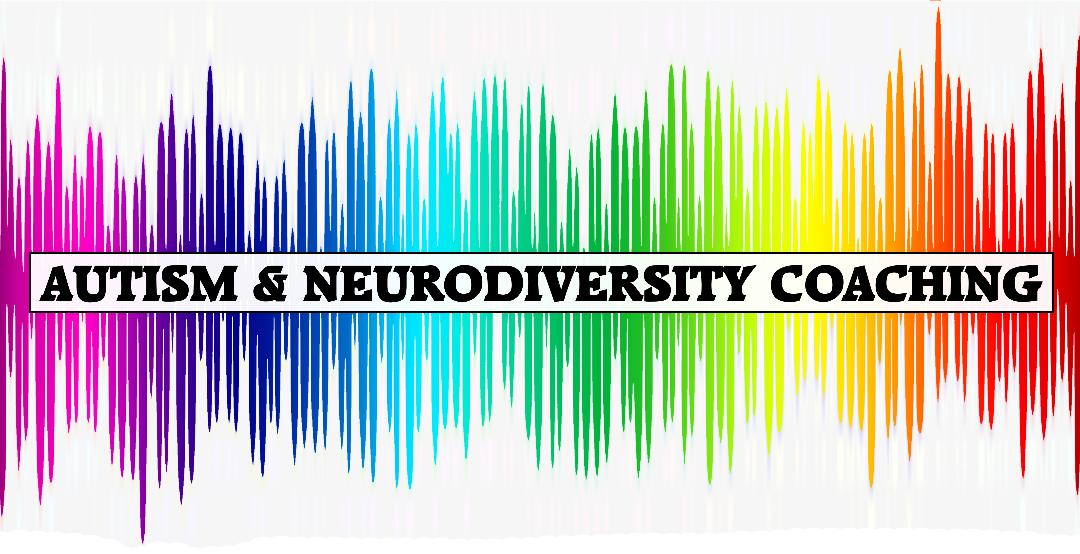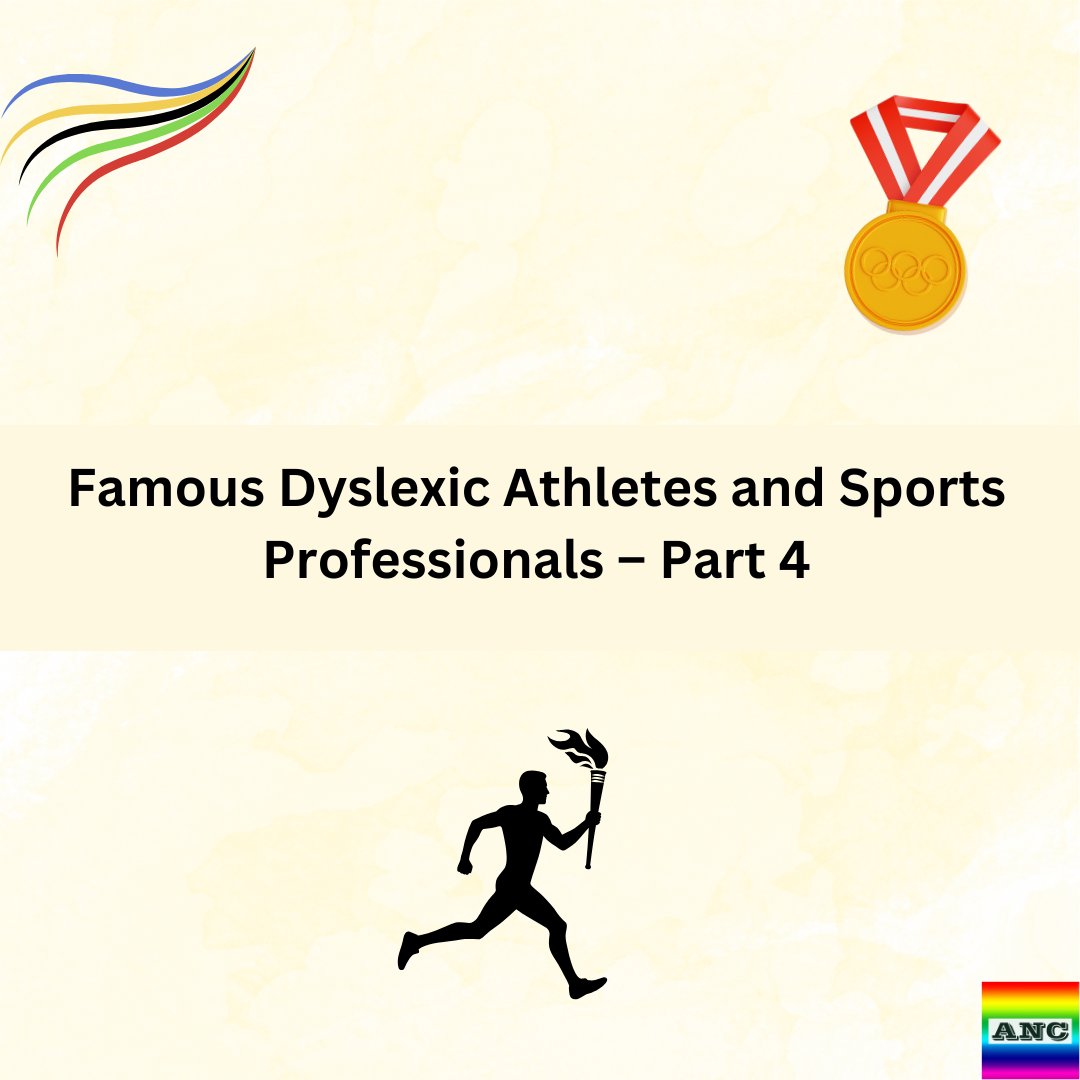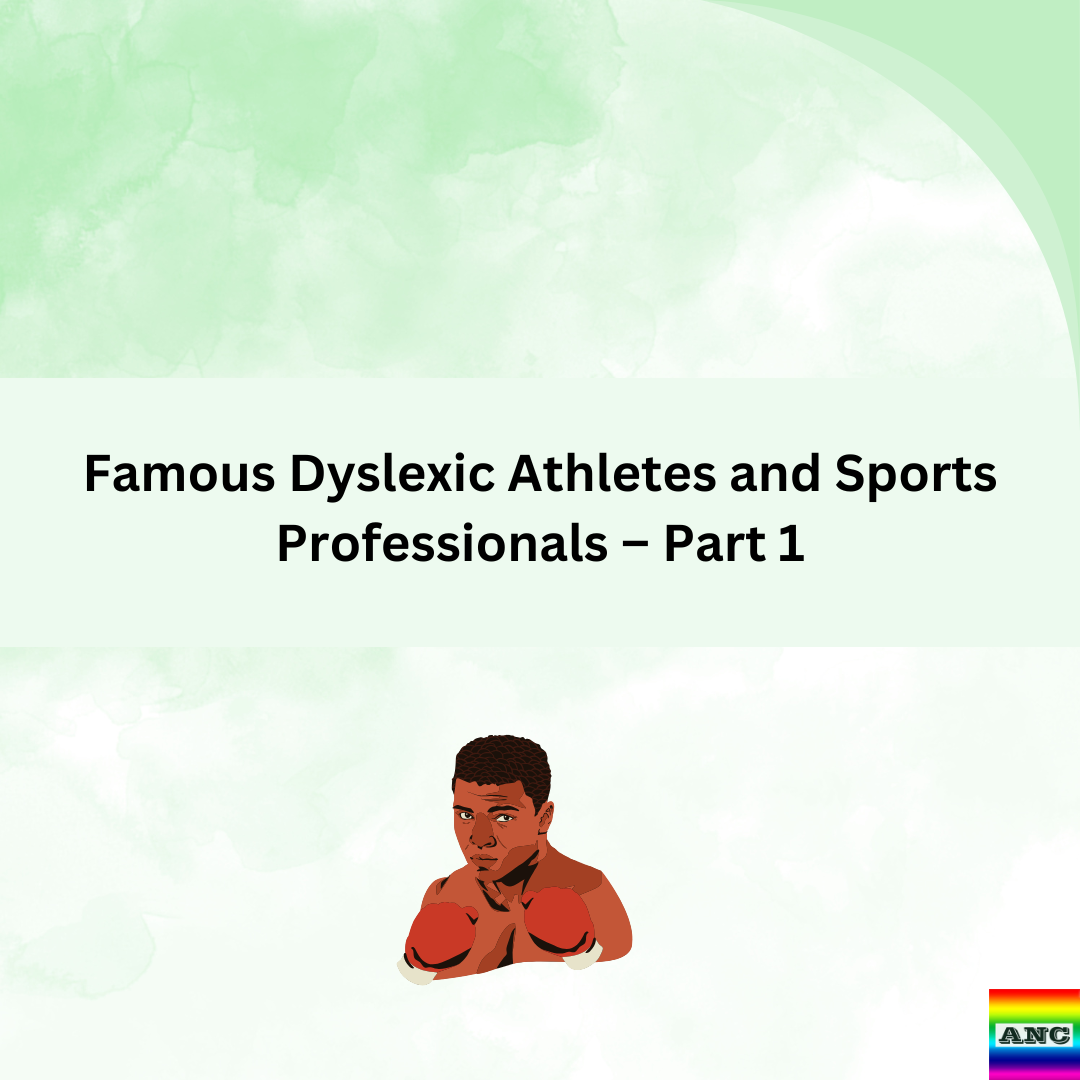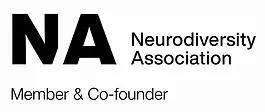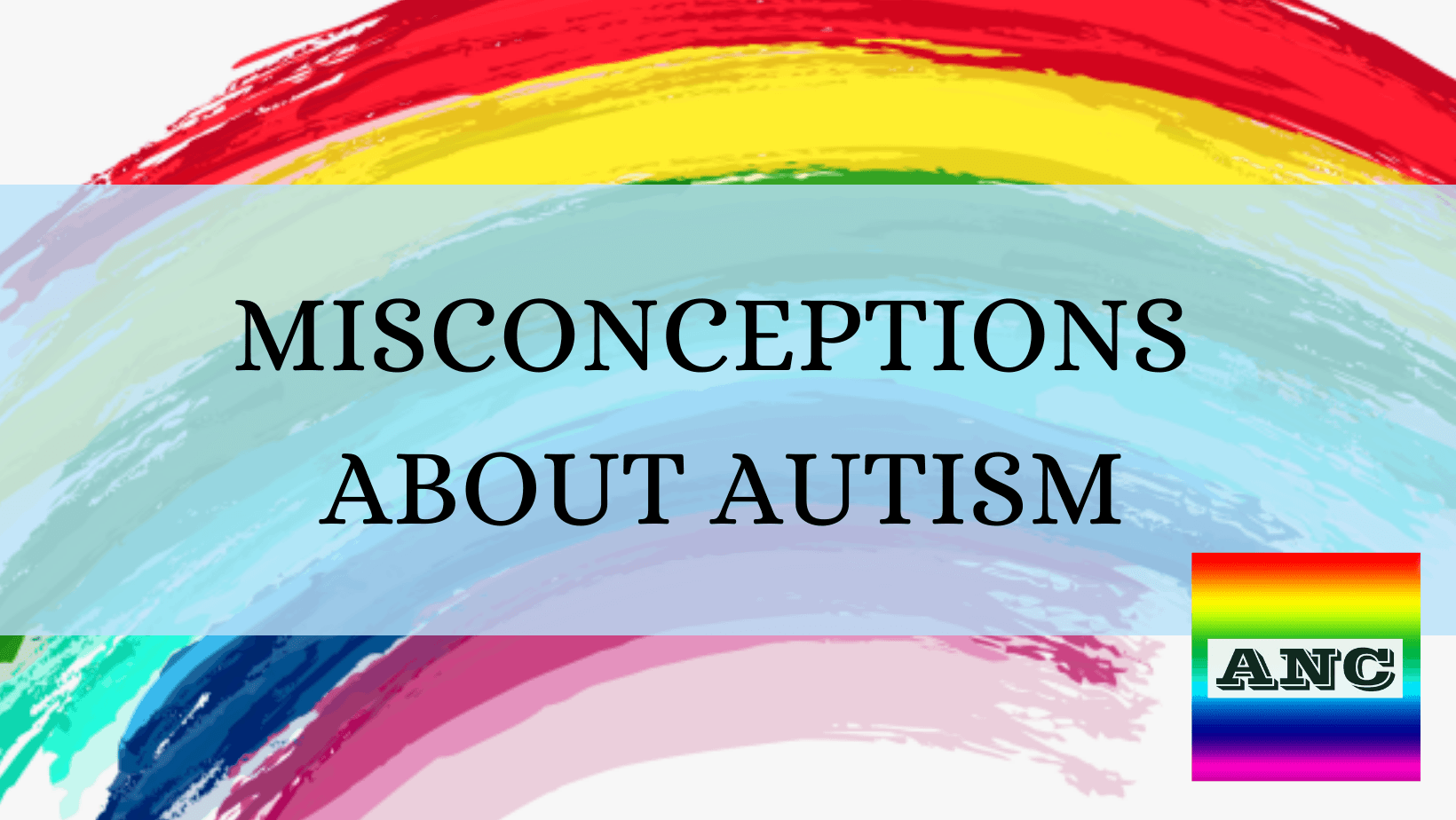
What is Autism
The definition of Autism has evolved throughout time. It is often
referred to as Autistic Spectrum Disorder (ASD), Autistic
Spectrum Condition (ASC) or Asperger's syndrome. It has also
been referred to as Childhood disintegrative disorder and
Pervasive developmental disorder. The clinical definition
defined within the UK's diagnostic manual (DSM-5) defines it as
the collective term 'Autistic Spectrum Disorder'. There are
numerous debates regarding the definition and varying
opinions on what the correct term is.
So, what is autism? The DSM-5 states that "persistent
difficulties with social communication and social interaction"
alongside "restricted and repetitive patterns of behaviours,
activities or interests" present since early childhood, to the
extent that these factors "limit and impair everyday
functioning".
However, Autism affects people differently, therefore there it is
not a 'one size fits all' term. This ultimately leads to
misconceptions about Autism which can be damaging not only
to autistic individuals, but to society's attitude towards Autism
too.
Misconception one: Vaccines cause Autism
One popular misconception about Autism is that vaccines cause
Autism. This theory originates from a study in 1998 by Dr
Andrew Wakefield which suggested that the Mumps, Rubella
and Measles vaccine triggered Autism in children. This study
has been labelled a fraud and disapproved by England’s
General Medical Council and resulted in Dr Wakefield having his
medical licence being revoked. A further study in 1999 also
created further controversy by stating that Thimerosal in the
MMR vaccine caused Autism.
Although these studies were instantly disproved, they still
gained a lot of publicity at the time due to the rapid increase of
children being diagnosed with Autism, with some even calling it
an epidemic of autism. It is believed that suspected parents
mistakenly associated the MMR vaccine with autism because
signs of autism first commonly appear at the age of 12 to 15
months, which is when the first MMR vaccine is administered.
Thimerosal was removed from most vaccines in 2001 but a
study published in the Archives of General Psychiatry in 2008
found that cases of autism continued to increase even after
Thimerosal was removed, therefore further indicating the
theory that it caused autism was fraudulent. Thimerosal was
also removed from vaccines in Canada and Denmark in 1992
and autism cases still were on the rise.
Ultimately in 2004, the World Health Organisation and Institute
of Medicine concluded there was no link between vaccines and
autism, solidifying the fact the studies were false. This theory is
still widely believed today with many parents refusing to
vaccinate their children due to fears it may cause Autism.
Misconception two: Autistic people cannot feel empathy
Another common misconception about autism is that autistic
individuals do not feel empathy. Autistic people are often
portrayed in the media and literature as unable to feel empathy
with even one newspaper stating in 1990 that ‘Autism is the
plague of those unable to feel’. Not only is this perception
untrue, but it is also a dangerous stereotype. Autistic people
DO feel empathy and concern for others around them but
sometimes struggle with expressing it like a neurotypical
person would. A lack of expressed empathy is NOT a lack
emotion.
Many autistic people may lack the tools and ability to physically
and verbally express empathy. One ‘tool’ which many autistic
people may struggle to use is cognitive empathy. The lack of
cognitive empathy means they may struggle to recognise
emotions based on facial expressions and actions.
Studies have shown that some autistic people often tend to
look at the periphery of the face rather than the eyes and
mouth which mostly show emotion within the face. This
therefore may make it difficult for them to link facial
expressions to emotions.
Another issue many autistic people
experience is alexithymia. Alexithymia is the inability to
recognise and put a label on their emotions which in turn
makes it difficult to recognise other people’s emotions.
Therefore, autistic people DO feel empathy, it just isn’t
presented the same way as a neurotypical person would show
theirs. It is dangerous and unfair to assume that autistic people
do not feel empathy because it often gives the narrative that
they’re emotionless and may affect how they’re treated within
society.
Misconception three: Autism is more common now than in the
past
A further misconception regarding autism is that it is more
common now than in the past. As stated before, the rise in
diagnosed autistic people has often been described in the
media as an ‘epidemic of autism’.
In 1970 in the USA, 1 in 10,000 children were diagnosed with
autism whereas in 2015, 1 in 68 children were diagnosed. Up
until 1980, the ‘autistic spectrum’ did not exist as a diagnostic
category. It was not until the late 1980s that the ‘autistic
continuum’ was introduced by Lorna Wing who understood the
importance of recognising autism as a diagnosis. This
dramatically increased the number of children being diagnosed
with autism as it was more definitive and understanding.
Today, the USA use a new criteria for diagnosing autism within
the Diagnostic and Statistical Manual of Mental Disorders (DSM)
whereas the UK use a slightly different version.
Due to autism now being much more defined and understood,
more children are being diagnosed with it due to a better
understanding of the signs and behaviours. Therefore, the
increase in statistics isn’t because more people are now
autistic, it’s because there’s better diagnostic tools, which
makes it easier for children to be diagnosed.
The fact that more people are being diagnosed with autism now
is a positive step within society towards building a greater
acceptance and understanding of autism and ultimately
improve the treatment and inclusivity of autistic individuals.

